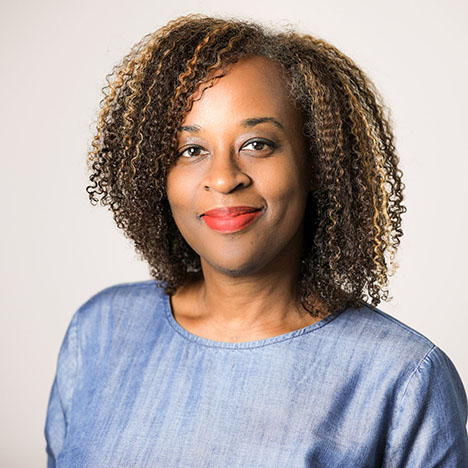June 3, 2020
Teaching While Black in Grief and Rage
Paula White • Executive Director, E4E-New York
“At once I paid down all my savings, and was soon afterwards able to complete the required sum, and my certificate of freedom was signed. It was the first of June, 1837…I put on my Sunday clothes and rode to Carmel…everyone was surprised to see me appearing in this manner on a week-day, but I cried aloud from a distance: ‘Rejoice with me! Thank God, I am free!’” Onyeaso Archibald Monteith.
That was my great-great-great grandfather. One hundred and eighty-three years ago he purchased his freedom from an inhumane social system. I usually commemorate this day with joy, but as a Black woman living in America, I am hardly in the mood for celebration this year.
My liberation from coronavirus lockdown has been upended by the wanton killings of three African Americans and by the jumbled emotions I feel from seeing smoldering cities and people flooding the streets, knowing that in Portland, Oregon; Newark, New Jersey and Atlanta, Georgia, each of my three Black sons are among them. Not quite the “welcome back” party to public life I was hoping for.
Whether negotiating for our freedom or bargaining for our very right to live, Black people have been buckling under the weight of enslavement and its aftermath for centuries. Education has been both a salve and a sword for our community, which is the reason I chose to enter the profession of teaching. Yet while the heaviness of this moment in our country is palpable for all educators, it is weightier still for teachers of color.
Here are four concrete things you can do to lift up Black teachers and students in a tangible way:
1. Nudge, Don’t Judge.
Virtually elbow poke a Black educator, to ask how you might be supportive right now. If they don’t respond, accept that response as valid and remain open to being supportive later on.
Don’t voice your judgment on the racially-charged situations happening around us. That is arguably always unhelpful, but now is certainly not the time.
And remember, the nudge is to ask Black educators if they need anything from you – not for you to ask anything of them. Do not ask African American educators to evaluate book lists or give you reading assignments. That is not their work and they have more than enough on their plates.
2. Reveal, to Heal.
The truths of what we are seeing are ugly and uncomfortable. Reveal them anyway. No conversation is too awkward or traumatic for your community to have. It is a fact that while a Black man suspected of a petty crime was in handcuffs and in need of no further restraint, he had the heft of a police officer’s body on his neck for several minutes and died shortly thereafter. It is also a fact that almost simultaneously, a white man listed as armed and dangerous and suspected of a double murder was apprehended without incident and is still very much alive today. How we feel about these facts do not change them. Share the facts we have so that with these revelations, healing can begin.
3. Organize, Organize, Organize.
Black teachers matter. In New York City alone, over 700 E4E members have affirmed their commitment to increased educator diversity in schools, and they refuse to have this issue back-burnered. A shocking 40% of schools do not have a single teacher of color on staff so teacher representation across the spectrum of racialized demography must be prioritized in public schools. COVID-19 is forcing districts to make budget cuts, but we should remove the fiscal bloat that does not center students’ socio-emotional health and improved outcomes, rather than cutting proven initiatives like teacher diversity.
4. Show up and Stand up for Black lives.
There’s an old adage that says, “Children don’t care how much you know until they know how much you care.” That’s why while the honoring of Black people’s struggles and triumphs should be woven into teachers’ lesson plans, it cannot end there. Educators can join or elevate organizations in the trenches working for change. The lifetime risk of dying at the hands of police is exponentially higher for Black men than other demographic groups in America. This means that Black teachers and children in class are more likely to be in a state of sadness, anxiety, anger or despair. Actively fighting for Black causes will go a long way to fostering the kind of connection that is fundamental for effective relationships in schools.
Despite my ancestor’s best efforts and others that came before him, we have yet to see a just society for all. To change that amidst polarization and unrest, we must embrace honesty, reach out to Black educators to offer support, and organize and advocate for African Americans at large.
Currently Reading
Teaching While Black in Grief and Rage
